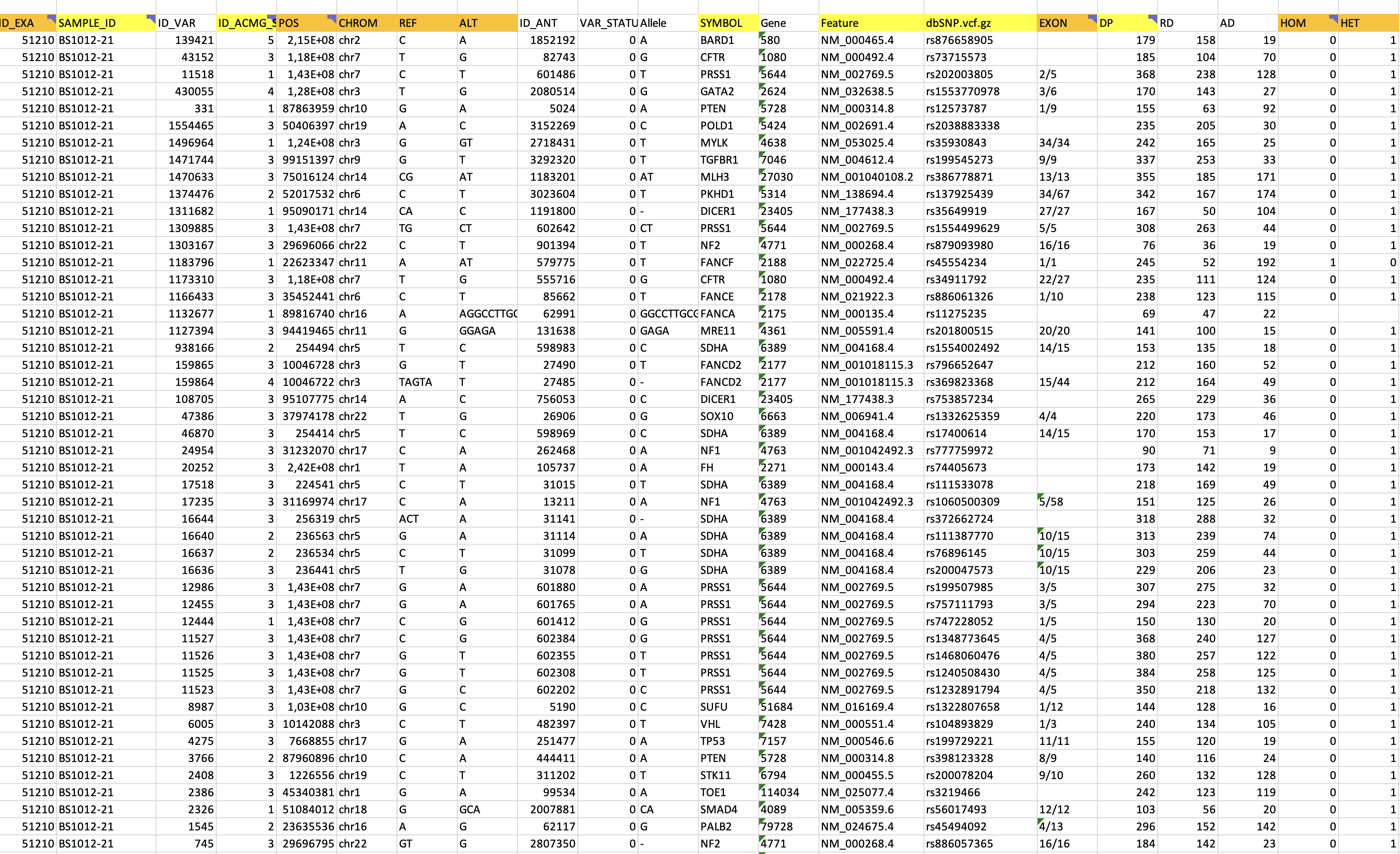Language : English
Online consultation of AveGene clinical genetician with patients Medical Doctor over the Teams on-line application.
During the exchange of information between a clinical geneticist and a physician, such as an oncologist, surgeon, or another specialized medical professional, essential details are shared that play a critical role in the processes of diagnosing, treating, and preventing illnesses.The purpose of this consultation is to facilitate professional communication between the clinical physician of the patient and the geneticist who is in charge of carrying out the analysis at AveGene.
This particular form of consultation necessitates a high level of expertise in the specific field, and as a result, we do not offer this service directly to the patient but rather exclusively to the physician duly authorized by the patient for this purpose.

The collaboration that takes place between the clinical geneticist and the clinician guarantees that the patient is provided with individualized care that is tailored to their genetic makeup, thereby enhancing both the diagnosis, the treatment and even prevention strategies. Here are few typical topics of clarification between geneticist and the patient's doctor:
1. Deep explanation of results obtained from genetic examinations:
What the geneticist informs the doctor
Results from the examination of genetic material inherited from parents and/or acquired during one's lifetime (including details on genetic changes, both in terms of quality and quantity) and their respective importance and implications. Explanation of whether a specific genetic mutation is classified as pathogenic, benign, or a variant of uncertain significance (VUS).
How can doctors make use of this?
The outcomes of the tests are beneficial in customizing the treatment plan, making informed decisions regarding the patient's future actions, possibly conducting screenings for family members, and assessing the need for precautionary interventions.
2. Suggestions for next diagnostics steps and monitoring:
What the geneticist informs the doctor
Suggestions for precautionary actions, like routine examinations (for instance, mammograms, colonoscopies), preventive surgeries (such as mastectomies, oophorectomies), or pharmaceutical prevention methods.
How can doctors make use of this?
It assists the physician in establishing a personalized monitoring or prevention strategy for the individual patient.
3. Potential danger that may affect family members:
What the geneticist informs the doctor
Information regarding whether or not the mutation is passed down through generations within the family, as well as guidance on how to proceed with testing family members for the mutation.
How can doctors make use of this?
He assists the physician in communicating with the family members and coordinating further diagnostic procedures.
4. discussion on the analysis of somatic tumor mutations:
What the geneticist informs the doctor
Details regarding somatic mutations (such as those found in genes like EGFR, ALK, and KRAS) that have been detected in the tumor and could potentially serve as targets for therapeutic interventions.
How can doctors make use of this?
It provides the opportunity to choose specific treatment options, such as tyrosine kinase inhibitors or immunotherapeutics.
5. Information regarding the prediction of future outcomes:
What the geneticist informs the doctor
In what way do genetic discoveries impact the prognosis of patients? As an illustration, mutations in the BRCA genes might suggest a more favorable reaction to specific chemotherapy treatments, yet they could also signal an elevated likelihood of the cancer coming back.
How can doctors make use of this?
It assists medical professionals in customizing the prediction of the likely course of a disease and the anticipated outcomes of treatment.
6. Various possibilities exist for the implementation of targeted therapeutic interventions:
What the geneticist informs the doctor
Information concerning genetic biomarkers that can be utilized to determine whether a patient is likely to exhibit a positive response to particular forms of treatment, such as HER2, PD-L1, and MSI-high tumors for immunotherapy, is of significant importance.
How can doctors make use of this?
Provides the fundamental groundwork necessary for the selection of appropriate treatment strategies.
7. Variants of Uncertain Significance (VUS) are genetic mutations that have unclear implications.
What the geneticist informs the doctor
Details regarding the existence of different versions, their present-day medical analysis, as well as the necessity for additional investigation or observation.
How can doctors make use of this?
The doctor will be provided with suggestions on how to deal with these results, for example by increasing the frequency of monitoring or by recommending the patient for additional diagnostic procedures.
8. Decision-making involving multidisciplinary analysis
What the geneticist informs the doctor
A summary detailing the genetic discoveries and suggestions that are set to be deliberated upon during the upcoming meeting of the multidisciplinary team (MDT), which comprises oncologists, surgeons, radiotherapists, and various other experts in the field.
How can doctors make use of this?
It guarantees that the genetic data is integrated into the comprehensive treatment strategy of the patient.


